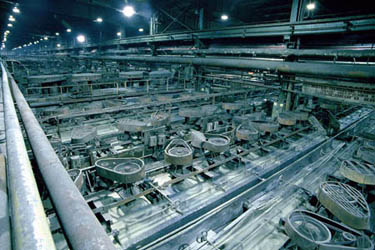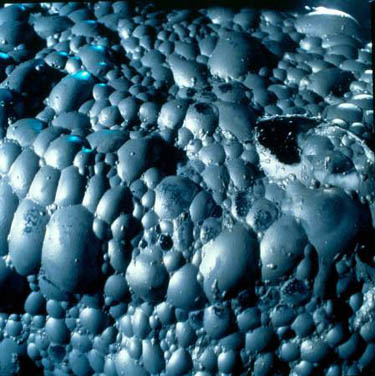Precious Metal Refineries
Precious metal refineries recover and refine precious metals from ores and scrap material. Precious metals like gold, silver and platinum are primarily known for their use in the jewelry industry.
What is lesser known is their widespread use as a raw material in manufacturing industries. Used equipment containing precious metals, even in small quantities, has significant value that can be realized by recovering the precious metals before disposing off the equipment as scrap.
This is where refineries come into the picture. These refineries use many different purification techniques to separate out precious metals from the other metals mixed with them and refine them to the purity desired by the customer.
Jewelry And The Refining Industry
Jewelry manufacturers were the pioneers in the precious metal refining business. Scrap and waste recovery and refining was and continues to be a vital part of their manufacturing process.
The increasing use of expensive Platinum Group Metals (platinum, palladium, rhodium, rhenium, iridium and osmium) or PGMs in industrial products created a need to develop processes to recover these precious metals from scrap.
Over time, this lead to the setting up large-scale precious metal recovery and refining operations that service the aviation, photographic, automotive, pharmaceutical, electronic and chemical industries. They use highly sophisticated technologies to recover precious metals from used equipment such as the ubiquitous catalytic converters fitted on automotive vehicles to reduce emission levels.
Waste Streams and Precious Metal Refineries
Precious metal refineries cater to a wide variety of waste streams.
(a) Gold – Scrap jewelry
– Dental scrap
– Gold sweeps
– Grindings and casting
– Early PCBs
– Chemical catalysts
– Sludge from gold plating
– Industrial gold bearing material
(b) Silver – Dental scrap
– Scrap jewelry
– Film
– Silverware
– Silver plated wires
(c) Platinum – Jewelry
– Platinum wire (Thermal coupler wire)
– Aircraft parts
– Electrophysiology (EP) catheters
– Angioplasty guide wires
– Industrial scrap
– Electrophoresis electrodes
(d) Palladium and Rhodium – Spent Chemical catalysts
– Palladium wire (Thermal coupler wire)
– Industrial scrap
Separation Techniques Used In Refineries
Many different chemical and metallurgical processes are used in precious metal refining. The traditional gold refining method consisted of dipping the metallic scrap containing gold in Aqua Regia.
The gold would dissolve in the acid bath and could be separated out by precipitation. Final purification was by repeated dissolution and precipitation. This process would yield a product called gold sponge of purity greater than 99.95%.
Modern refining techniques involve operations like flotation, electrolytic refining, solvent extraction and ion exchange. These have lead to improved precious metal recovery, lower refining costs and shorter processing times. This is an active area of research for the companies working in this field and the exact details of the processes used by them remain closely guarded secrets.
Photos Of Precious Metal Refineries

Banks of flotation cells at Norilsk Nickel’s Talnakh operation in Siberia.

Froth flotation is one of the numerous processes used to
extract platinum from the ore.
Market Leaders
Some of the best known companies in the precious metal refining business are Umicore SA, Heraeus Precious Metals Management Inc, Johnson Matthey PLC and Engelhard Corporation.
We Buy Gold, Platinum And Silver In Any Condition Canada Wide.
If you’re thinking of selling your unwanted gold, platinum or silver remember we buy gold and precious metals Canada wide including:
Ontario On, British Columbia BC, Alberta AB, Saskatchewan SK, Manitoba MB, Quebec QC, Nova Scotia NS, New Brunswick NB, Newfoundland and Labrador NL, Prince Edward Island PEI, Yukon YT, Nunavut and the North West Territories NT









